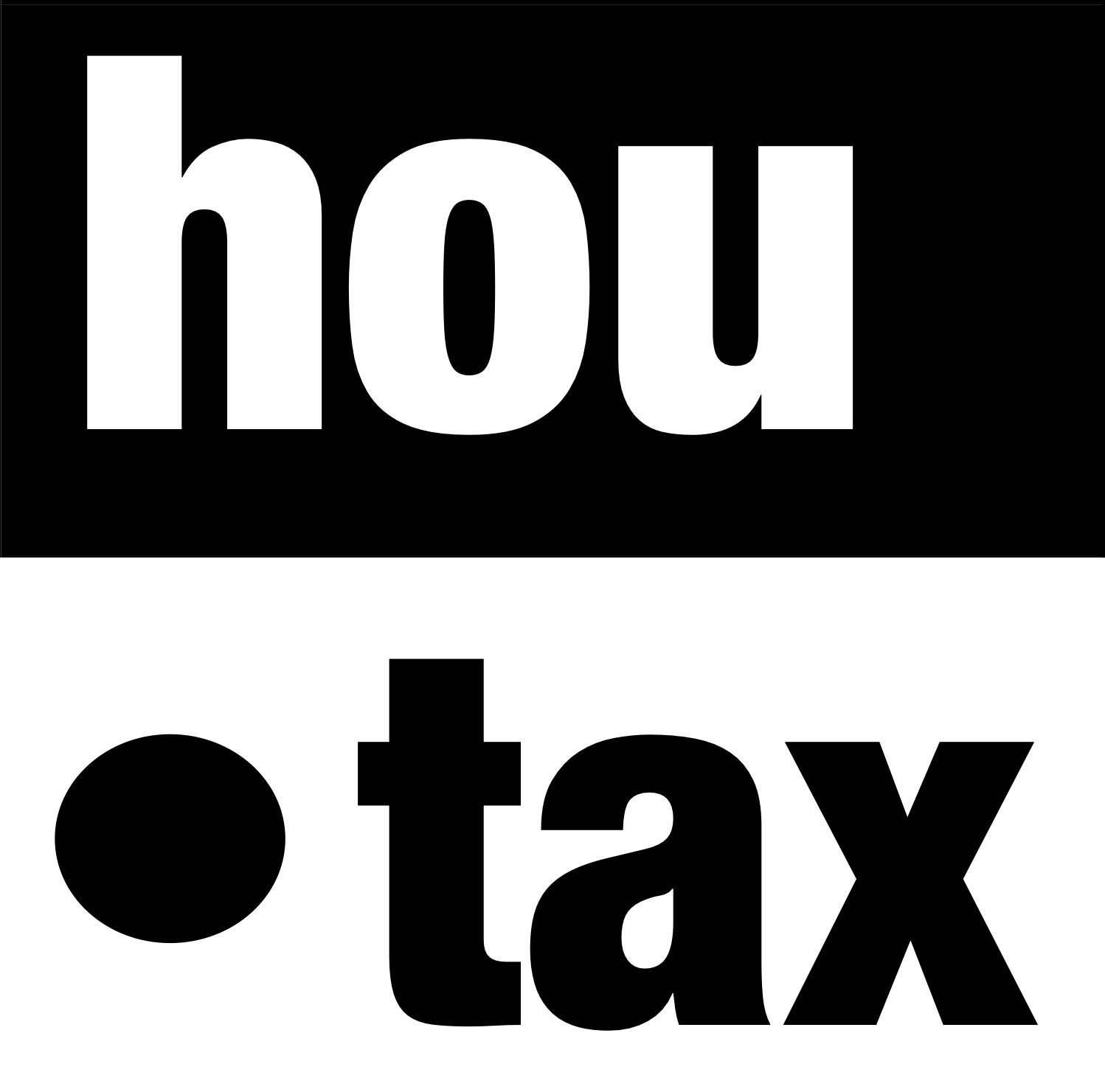Tax Exclusions and Credits for US Expats
Living and working abroad comes with its own set of financial considerations, and understanding the tax implications is crucial for expatriates. Fortunately, there are several avenues available for claiming tax relief on income earned overseas. In this comprehensive guide, we'll explore the Foreign Earned Income Exclusion (FEI), Foreign Housing Exclusion or Deduction, and the Foreign Tax Credit.
Foreign Earned Income Exclusion (FEI)
The Foreign Earned Income Exclusion is a powerful tool for expatriates, allowing them to exclude up to $126,500 (in tax year 2024) from their taxable income. To qualify, individuals must meet certain criteria:
Tax Home: Your tax home is where you perform work permanently or indefinitely. If your abode is in the US, you won't be considered to have a tax home in a foreign country.
Foreign Country Definition: Certain US territories, such as Puerto Rico and Guam, do not qualify as foreign countries for IRS purposes.
Foreign Earned Income: This includes income earned outside the United States. It's essential to note that passive income, social security, and income from the US government or international waters are not eligible for this exclusion.
Physical Presence Test
To meet the physical presence test, you must spend at least 330 days in a foreign country over a 12-month period. These days do not need to be consecutive and the stay can be in multiple foreign countries. Essentially, you are required to spend 330 days outside of the US over the 12-month period. The 12-month period is on a rolling time frame and can overlap a tax year end.
Bona Fide Residence Test
This test requires you to reside in a foreign country for an entire tax year with the intention of staying indefinitely. You must also be liable for income taxes in that country and not claim non-resident status in your host country. If you qualify for the bona fide residence test, you are not limited to the number of days you can spend in the US. You are required to report any income earned while in the US. This will reduce the amount of FEI subject to exclusion.
The Foreign Earned Income Exclusion is reported on Form 2555 in your tax return.
Foreign Housing Exclusion or Deduction
Expatriates may also qualify for an exclusion or deduction on housing expenses, including rent, utilities, and insurance. The eligibility and calculations depend on factors such as your foreign country of residence and earned income amounts.
Choosing the Foreign Earned Income Exclusion
Once you choose to utilize the Foreign Earned Income exclusion, it remains in effect for that and all future years unless revoked. Revoking this exclusion means you cannot use the FEI exclusion again for the next five tax filings without special approval from the IRS. If you qualify via physical presence test and you don’t meet the 330-day threshold in a particular year, the non-use of the FEI is not considered formal revocation and the FEI can be used again in subsequent years if/when you qualify.
Foreign Tax Credit
The Foreign Tax Credit allows you to reduce your tax liability dollar-for-dollar by the amount of foreign taxes paid. This credit is for income taxes paid to a foreign government and is claimed via Form 1116. It's important to note that this credit only applies to income taxes you are legally obligated to pay. It does not apply to host country social taxes paid or any other type of tax (i.e. property tax, sales tax, etc.)
Limitations and Carryover
The foreign tax credit is limited based on your total taxable income from sources outside the US compared to your total taxable income. While it is a dollar-for-dollar credit, the total credit allowed might be reduced. Any unused foreign tax credit can be carried back one year and forward up to ten years, but it is not refundable.
Conclusion
Understanding the intricacies of US tax exemptions and credits for expatriates is essential for managing your finances effectively while living abroad. Consulting with a tax professional can provide invaluable guidance tailored to your specific situation. Whether you opt for the FEI exclusion, the Foreign Tax Credit, or a combination of both, careful planning and adherence to IRS regulations will help you make the most of your expatriate status.
